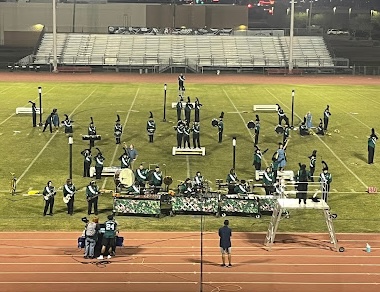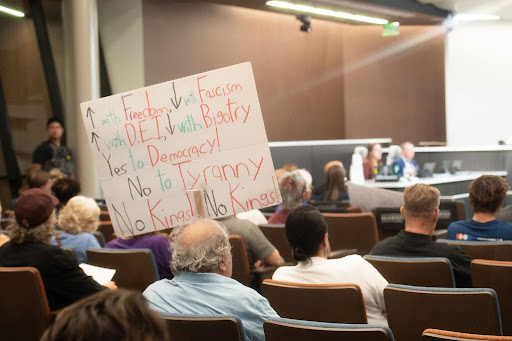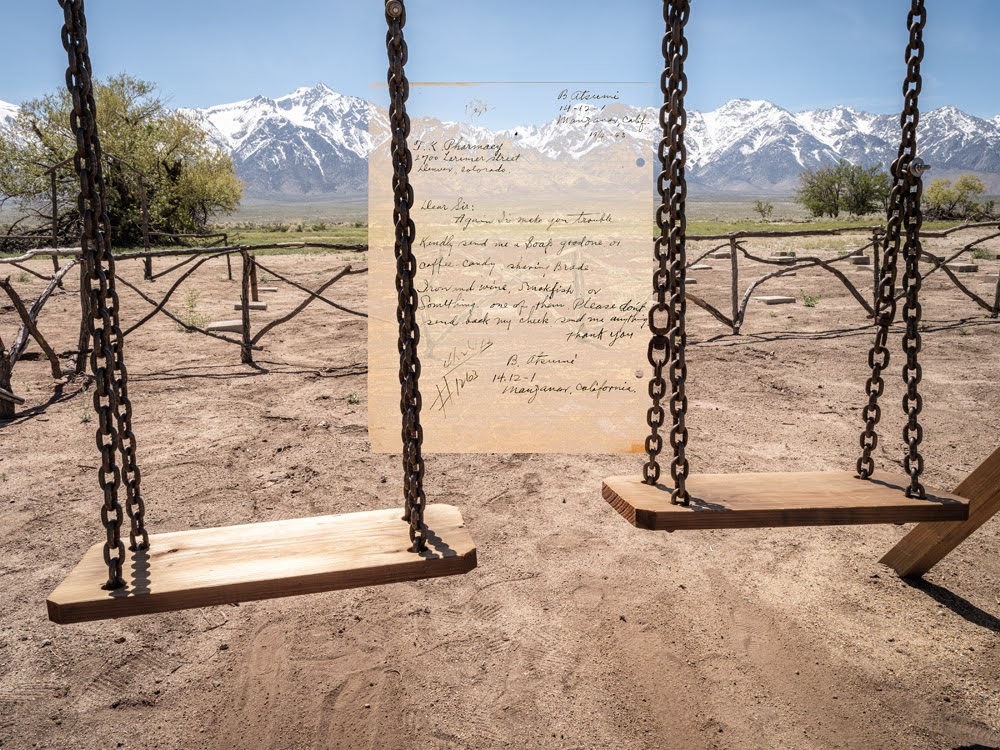College athletes deserve cut of the riches

Mesa Legend
How will the NCAA basketball tourney complete a college sports entertainment season that so far includes the first ever college football playoff which became the highest rated program in the history of cable TV? As it grows, so does the criticism about what many see as a free labor system. President Obama recently shared concerns about what frustrates him about the NCAA’s system. He thinks it’s unfair the extent to which players are punished for accepting gifts while the NCAA, athletic directors, and coaches make millions of dollars.
Just here in Arizona, the highest paid public employees are the football and men’s basketball coaches at the University of Arizona. When asked if players should be compensated, Obama thinks they should be taken better care of, but not paid because he fears this will cause bidding wars between schools. Well how do you define bidding wars? The coaches are the richest men on campus, and work in the most expensive facilities on campus. All the schools capable of keeping up with this status consequently are in a position to attract the better athletes and thereby become popular winning programs.
Once arrived at this point, we can ask: does the success of a university’s athletic program play a role in also enticing non-athletic undergrad prospects to attend a school. Ever heard of the “Flutie effect?” In 1984, Boston College saw a significant boost in enrollment after quarterback Doug Flutie threw a miraculous hail Mary pass to win a big game on national TV. This marked the modern era for a mission that was the NCAA’s original intent since it formed 1905: build a successful program to act as a billboard for recruiting students, especially those living out of state who will pay higher tuition.
Didn’t it look exciting to be a student at Duke as the basketball team was about to win the championship and cameras cut from the game to a packed stadium of students back at Duke’s campus? In a sense, it appears that bidding wars already exist and it’s not only for athletes. When a school’s athletic performance and popularity become major factors for both athletes and students deciding on a school, then education the main purpose for going to college loses its important value for everyone involved. Shifting priorities here would be the first way schools could take better care of so called “student athletes.
As Obama also suggested in the interview with Huffington Post, it should be mandatory for all schools to commit to offering full four-year-scholarship for athletes. Currently most programs can suspends a player scholarship after one year as if it is a contract. The next way to take better care of athletes would be to share with them some of the 1 billion profit the NCAA makes annually. I’m not suggesting the be paid in the same manner as the pros do, I’m just with everyone who thinks players should have money set aside and ready for them once they graduate.
The NCAA profess in their own student athlete propaganda commercials that the majority of athletes move on to careers other than professional sports. It’s only fair that after making billions for the NCAA and all the companies who exploit these big time events, players get their fair share.









